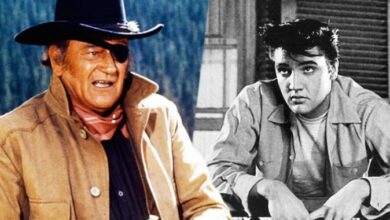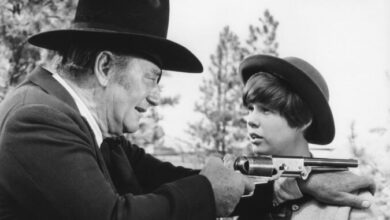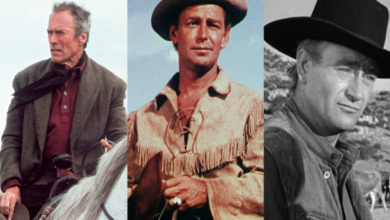Remembering Legendary Western Actor John Wayne, Who Passed of Stomach Cancer Over 40 Years Ago: The Importance of Clinical Trials

Understanding the Value of Clinical Trials
- Legendary Western actor John Wayne dominated the genre before passing away from stomach cancer at age 72 in 1979.
- Before his death, Wayne participated in a study of a new treatment option. These studies are called clinical trials, and they help doctors better understand cancer and discover more effective ways to treat it.
- They also give patients a chance to try a treatment before it’s approved by the U.S. Food and Drug Administration (FDA), and that can potentially be life-changing for patients.
- Despite the great benefits that come from clinical trials, they also come with risks (like potential side effects that are not fully understood yet). People interested in participating in clinical trials must first talk with their doctor to see if they would be a good fit.
- For help finding a clinical trial that’s right for you, try our easy-to use Clinical Trial Finder.
When you think of Westerns, iconic actor John Wayne likely comes to mind, wearing an eye-catching cowboy hat atop a horse. During the Golden Age of television, westerns reigned supreme, and leading the helm was Wayne. Amid his success as an actor, privately he dealt with several health conditions before his passing from stomach cancer at the age of 72 in 1979.
“I enjoy life to the extremities of my capabilities,” Wayne, or “Duke” as he was nicknamed after his dog, once said in an interview, according to the Washington Post.
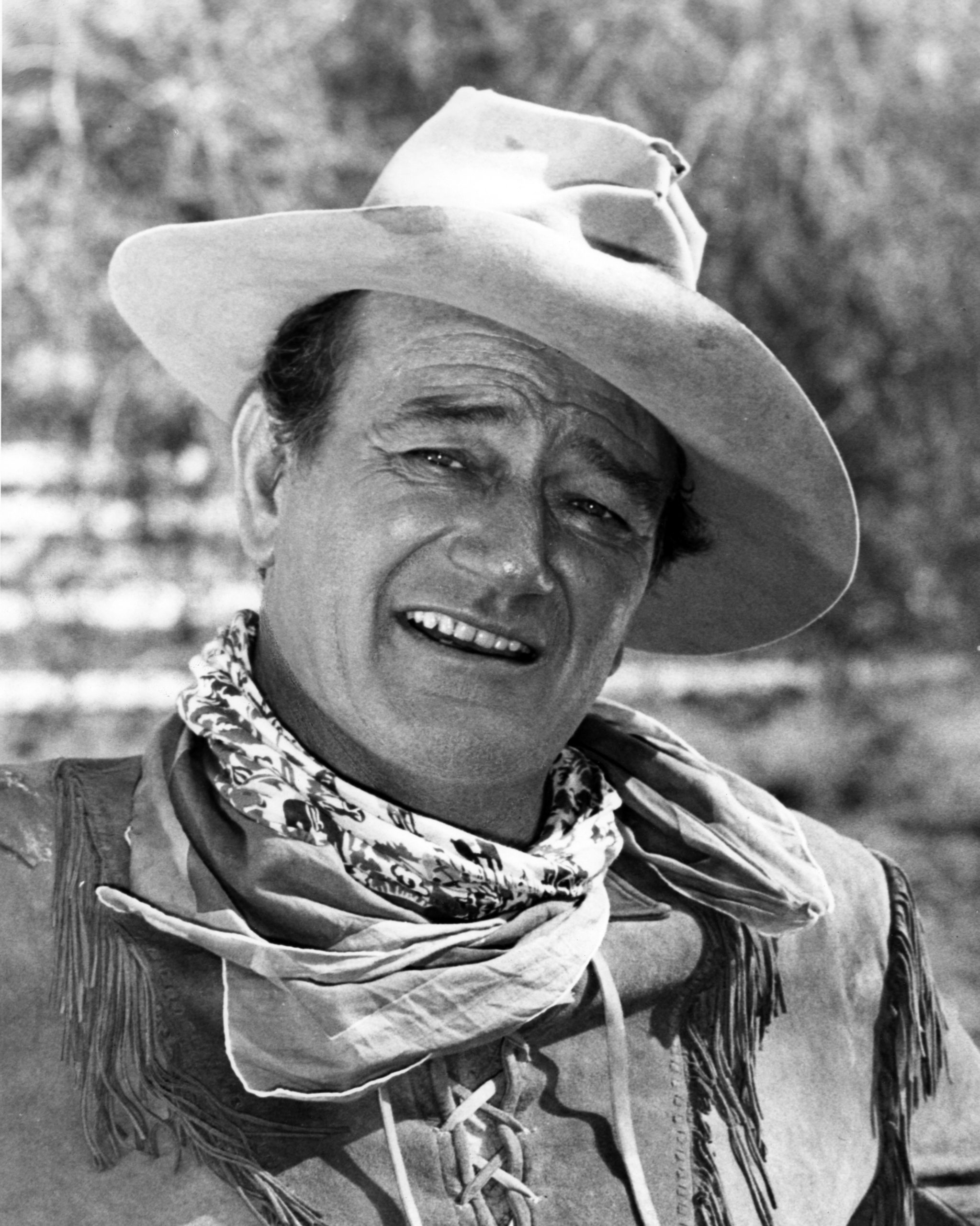
In the Oscar-winning film, Wayne portrayed Ringo Kid. The plot focused on a “group of people traveling on a stagecoach [who] find their journey complicated by the threat of Geronimo and learn something about each other in the process,” film and television resource outlet IMDB describes.
“True Grit” is another one of Wayne’s iconic films produced in 1969. In the film, “a drunken, hard-nosed U.S. Marshal and a Texas Ranger help a stubborn teenager track down her father’s murderer in Indian Territory,” according to IMDB.
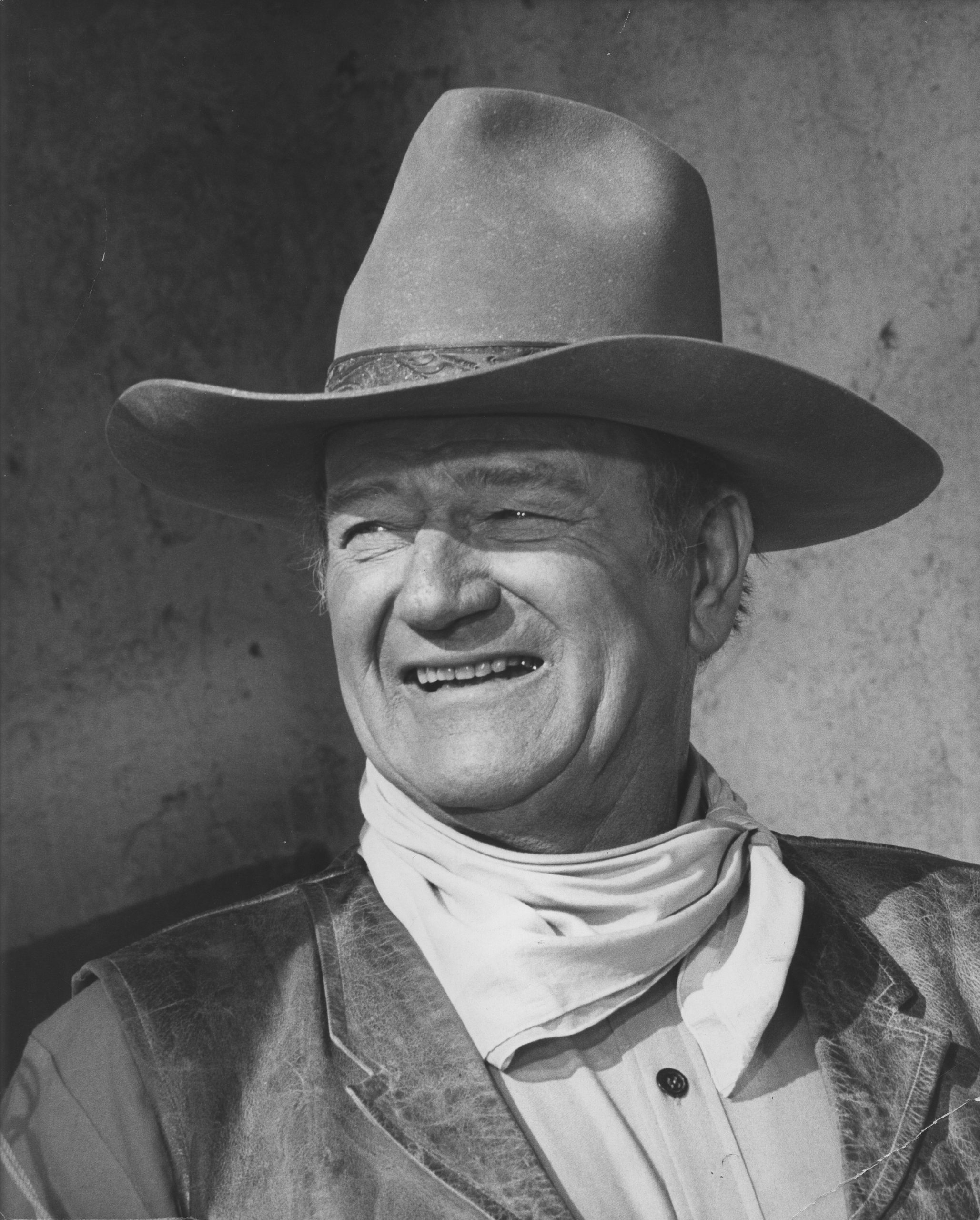
Wayne received an Oscar in 1970 for his role in “True Grit” and was nominated for an Oscar in “The Alamo” and “Sands of Iwo Jima”.
Off-screen, the beloved actor was a father to seven children and dealt with health challenges, including cancer.
Wayne’s bouts with cancer spanned 15 years before he died in 1979. He first had his left lung removed after doctors discovered a tumor in 1965.
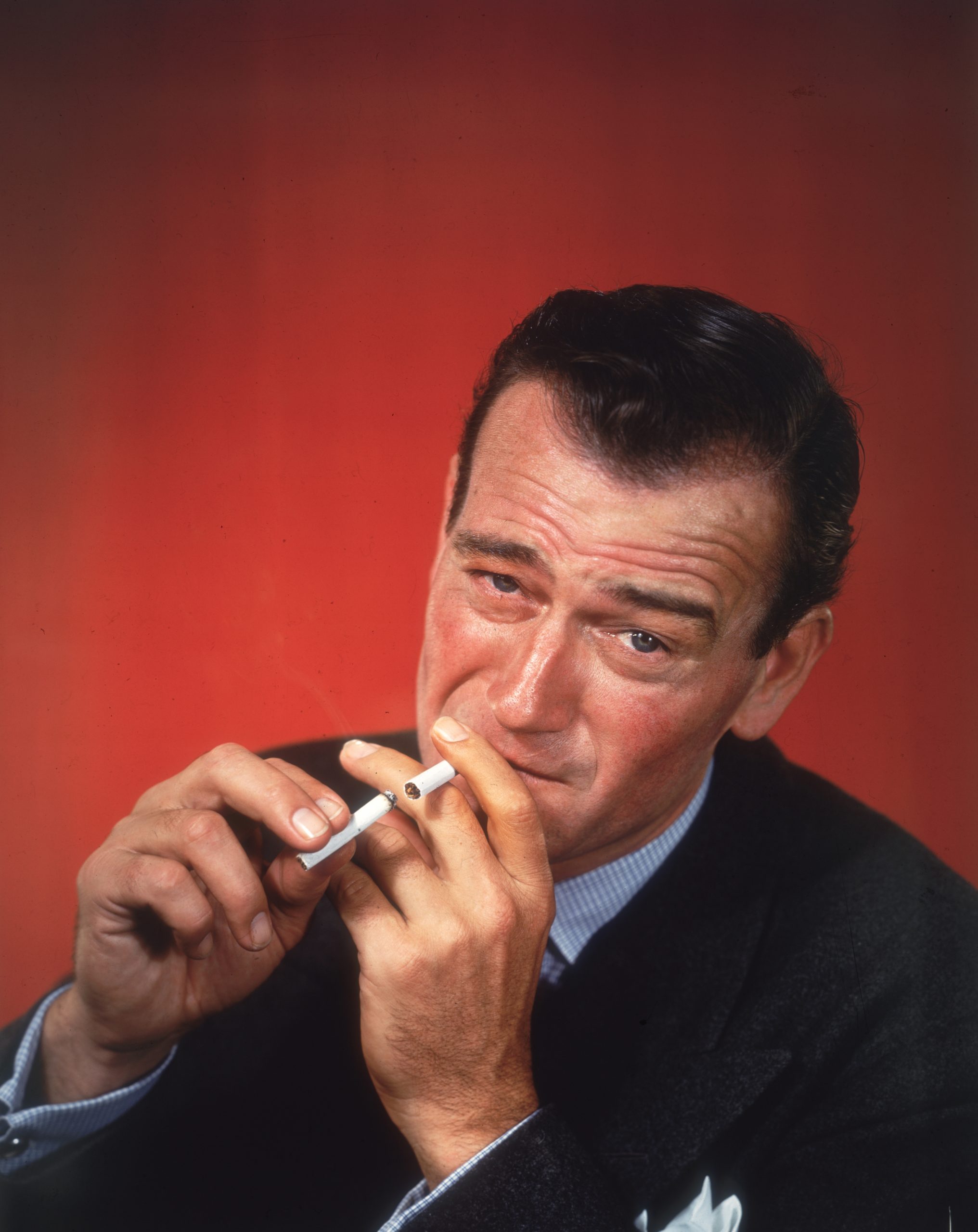
According to Variety, Wayne went for a “routine gall bladder removal” in 1979 but doctors managed to find “malignant cancer and removed his stomach” in an hours-long operation.
Wayne died on June 11, 1979, at UCLA Medical Center about six months later, after the cancer metastasized, or spread, throughout his body. He was 72 and surrounded by family.
His family later established the John Wayne Cancer Institute, which helps others fight their cancer battles.
“Duke’s” Treatment Included a Study
Although John Wayne battled cancer for more than a decade, he was just as brave in real-life as fans knew him on-screen. As part of his treatment, Wayne participated in study that tried out a new kind of treatment (at the time).
“My dad told the doctors, ‘If this is helpful, I’m going to help you afterward,’ John Wayne’s son Patrick said according to CR Magazine.
Studies of new treatment options are called clinical trials, and they are an important part of medicine for two reasons:
Clinical trials help doctors better understand cancer and discover more effective ways to treat it.
They also give patients a chance to try a treatment before it’s approved by the U.S. Food and Drug Administration (FDA), and that can potentially be life-changing for patients.
WATCH: Clinical trials can be life-saving.
Dr. Beth Karlan is a gynecologic oncologist at UCLA Health. She says the goal with clinical trials is to advance cancer research to a point where the disease becomes akin to diabetes – where it becomes a manageable condition.
“Clinical trials hopefully can benefit you, but is also providing very, very vital information to the whole scientific community about the effectiveness of these treatments,” Dr. Karlan said.
“They can be lifesaving. We’ve seen many in the last few years of children and adults who have participated in trials and have had miraculous results,” Dr. Karlan continued.


